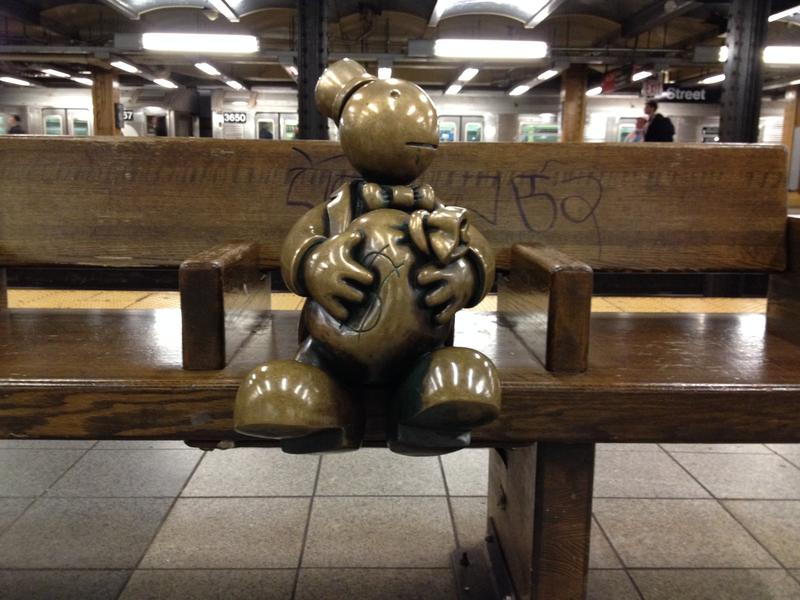
For several months now, New York Gov. Andrew Cuomo and New York City Mayor Bill de Blasio have been at odds over the gap in the MTA's capital program (as well as over some other things).
The five-year, $26.8 billion program funds signal improvements, track upgrades and big capital construction projects like the Second Avenue Subway and East Side Access. But the 2015-2019 plan has yet to be approved by the state legislature, making this the longest time in recent memory that the agency has gone without an approved capital program.
Gov. Cuomo recently agreed to increase the state's contribution to the plan to $8.3 billion, and has asked the city to increase its funding as well, to a total of about $3 billion.
On Monday, MTA Chairman Tom Prendergast, a Cuomo appointee, stepped up the feud by suggesting the MTA would reduce capital improvements located within the city limits. He said the agency, which operates mass transit across a 12-county region, would not have enough money to do everything.
"We need to move on with the capital program," Prendergast said during a meeting of an MTA board committee. "So I've directed the staff in finance and capital programs to incorporate all the revisions that were part of the discussions with stakeholders, as well as to align with the current commitment of the city at $657 million."
That last sentence fragment caught the attention of Polly Trottenberg, an MTA board meeting who is also New York City's transportation commissioner. After a bit more back-and-forth, Prendergast said, "We're looking at the urban portion, New York City Transit," for possible cuts.
Trottenberg called that approach "punitive and pretty divisive" and urged him to look at "different scenarios, if you don't get all the funding you'd hope for, that would not be focused on one jurisdiction."
Other board members agreed, and Prendergast later said he'd ask his staff to look at alternatives.
Amy Spitalnick, a spokeswoman for de Blasio, said the state needs to identify where the additional money it has promised the agency would come from, and to return $270 million that has been steered in recent years to the state's general fund from tax revenues earmarked for the MTA.
The city also wants a greater say in MTA governance.
"Any talk of cutting funds from the capital program before these key issues are addressed would be premature, divisive, and irresponsible political game-playing," she said.
Cuomo's office did not immediately return a request for comment.
Watch Monday's committee video below.
